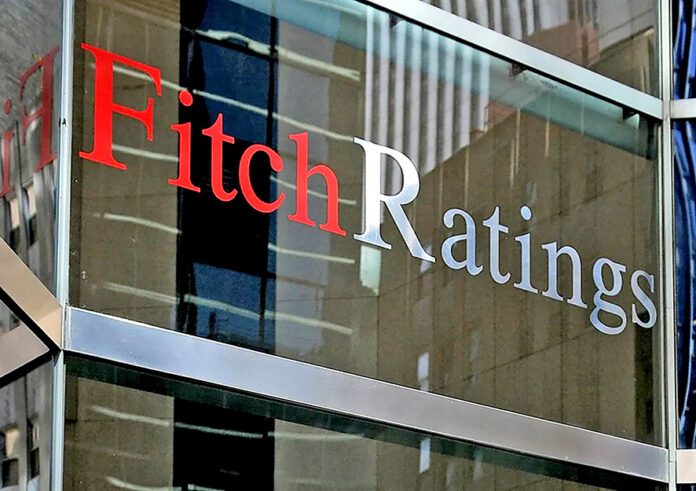Rating agency Fitch said it expected the government to pay R50-billion a year over the next four years towards Eskom debt after the state informed the embattled state-owned entity’s debtors that it would absorb a large chunk of its R400-billion debt pile.
“The government has confirmed that it will transfer one- to two-thirds of the R400-billion debt of Eskom, the state-owned power utility, to the government balance sheet. Details are still to be announced but we assume annual transfers of R50-billion over the next four years incorporated in our debt forecast as stock flow adjustments,” Fitch said.
“A debt transfer of Eskom debt to the government had been expected for some time and has been incorporated into our rating via the Qualitative Overlay. We assume the government will separately need to provide cash support to struggling state-owned enterprises as already provisioned for.”
Minister of Finance Enoch Godongwana last month announced that the state had resolved to take over Eskom’s debilitating debt as a measure to save it from certain financial ruin.
“For at least a decade, we have spent billions of rand supporting Eskom with limited improvements in the reliability of the electricity supply or the financial health of the company,” Godongwana said, at the medium-term budget policy statement in October.
Moody’s has also cheered the move by the government to absorb Eskom’s debt. Moody’s Investors Service raised its outlook on Eskom’s debt ratings to positive for the first time in 15 years in a move seen to be an affirmation to the announcement by the government last week that it will absorb a large chunk of the utility’s R400-billion debt.
Economist Dawie Roodt said: “The decision to take on part of Eskom’s debt is probably good news as it means that Eskom increases may be a little less than previous hikes, which will be good for the average consumer in South Africa.”
Meanwhile, Fitch, which on Friday kept South Africa’s sovereign rating at sub-investment with a positive outlook, said the deadlock in negotiation between the government and its workers would make it difficult for it to rein in spending.
It also warned that with the 2024 general elections fast approaching, government would persist with social relief grants. “The government’s debt stabilisation strategy relies heavily on restraining public sector payroll spending, but the ongoing public sector strike illustrates that this may prove increasingly difficult.”
Fitch also expects the rolling power cuts implemented to hold back economic growth.
For more business news from Sunday World, click here.
Follow @SundayWorldZA on Twitter and @sundayworldza on Instagram, or like our Facebook Page, Sunday World, by clicking here for the latest breaking news in South Africa. To Subscribe to Sunday World, click here



